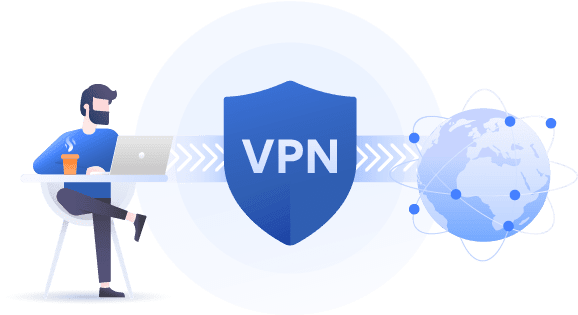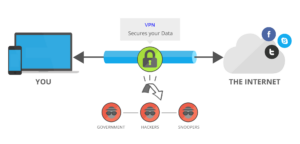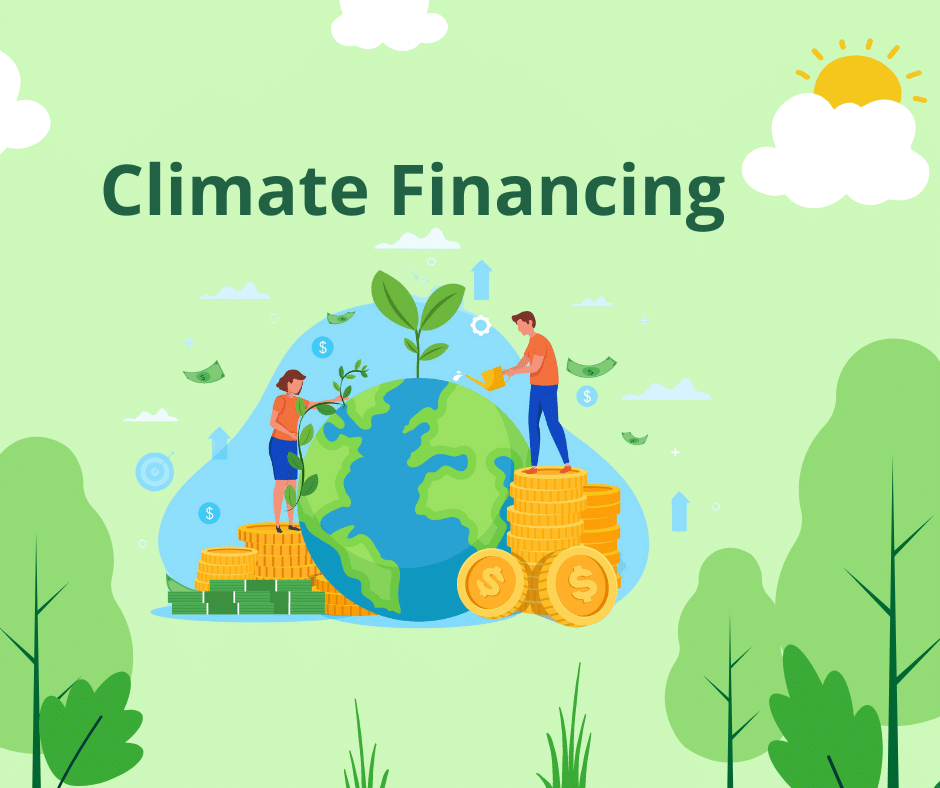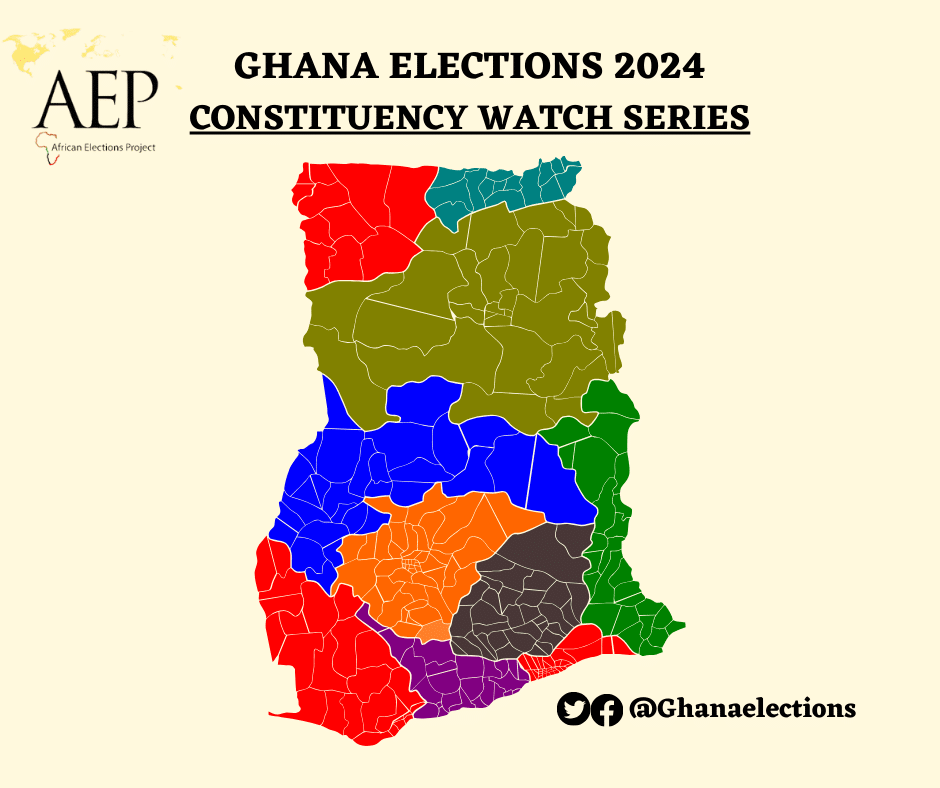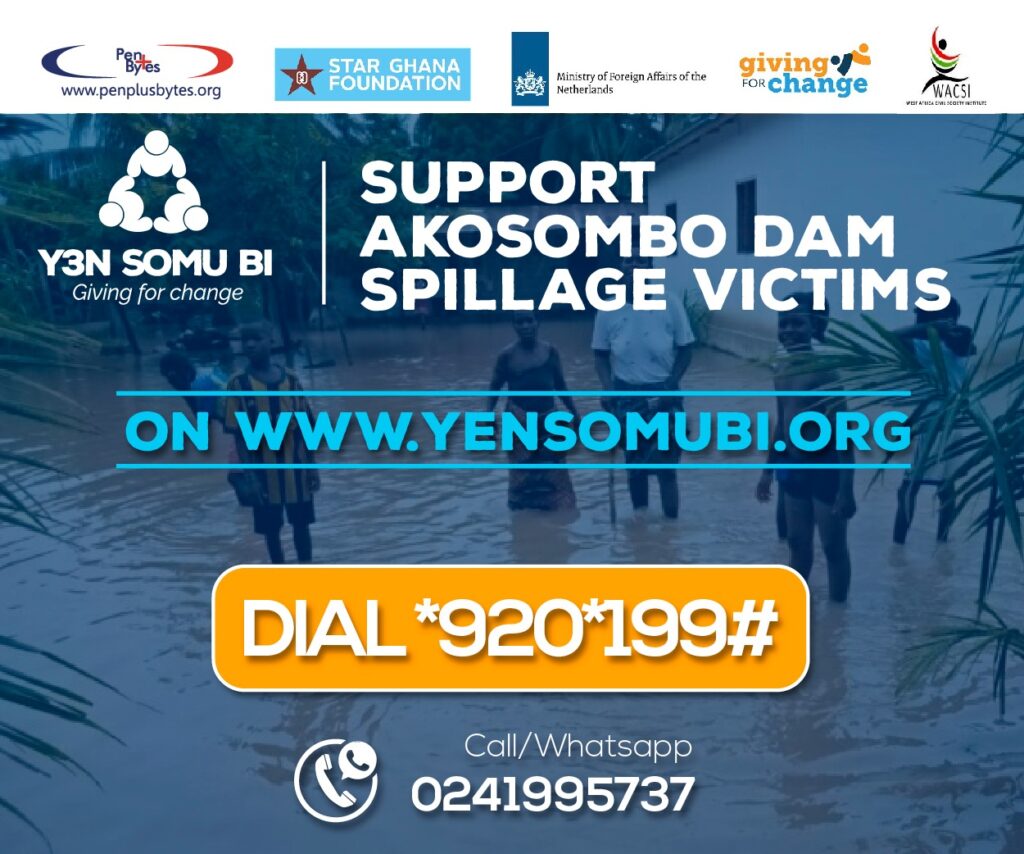Have you ever connected to a public Wi-Fi network and wondered if someone, somewhere might be able to monitor your online activity? It’s an entirely reasonable concern, considering the forces arrayed against your privacy in the current “Big Brother” world. But, with a virtual private network (VPN), you can protect your information from prying eyes and regain a measure of privacy online.
The term “VPN” has become quite rampant in recent media reports especially with the ongoing Nigeria government’s ban on the use of the popular social media platform, Twitter, in the most populous country in the West African sub-region.
In fact, it is reported that VPNs have become the go-to solution for millions of young Nigerians particularly in Lagos and Abuja to circumvent the ban and access the platform without being caught and prosecuted as the government had announced.
Most Nigerians struggled on Saturday to access Twitter, a day after authorities suspended the service in response to the company’s deletion of a tweet by President Muhammadu Buhari for violating its terms of service.
The ban mostly affected the country’s largest network providers, MTN and Airtel.
Some users were however able to access Twitter using Wi-Fi connections. Others were avoiding the shutdown by using virtual private networks (VPNs) that make them appear to be using Twitter from another country.
VPN providers have since Friday reportedly seen a surge in usage.
What Is a VPN, and How Does It Work?
When you switch it on, a VPN creates an encrypted tunnel between you and a remote server operated by a VPN service. All your internet traffic is routed through this tunnel, so your data is secure from prying eyes along the way. Because your traffic is exiting the VPN server, your true IP address is hidden, masking your identity and location.
To understand the value of a VPN, it helps to think of some specific scenarios in which a VPN might be used. Consider the public Wi-Fi network, perhaps at a hotel or airport. Normally, you might connect without a second thought. But do you know who might be watching the traffic on that network? Can you even be sure the Wi-Fi network is legit, or probably being operated by some nefarious individual?
If you connect to that same public Wi-Fi network using a VPN, you can rest assured that no one on that network will be able to see what you’re up to—not other users snooping around for would-be victims, nor even the operators of the network itself.
Here’s another example:
With a VPN, you can connect to a server in a different country and spoof your location. If you’re outside the country, you can VPN back to a familiar location and access the internet (mostly) as usual. You can also do it in reverse. From the comfort of your home, you can pop over to a far-away VPN server, perhaps to access streaming video unavailable in your home country.
VPNs can also grant access to blocked websites. Some governments decide to censure or block certain websites from access by all members of the population. With a VPN, it’s possible to tunnel to a different country with less oppressive policies, and access sites that would otherwise be blocked. And again, because VPNs encrypt all web traffic, they help protect the identity of people who connect to the open internet in this way.
That said, governments are wise to this, which is why we’re seeing VPN use being blocked in Russia and China. A VPN is also no guarantee of total protection, particularly against a well-funded and capable adversary—a nation state, for example.
What a VPN Won’t Do
A VPN is a simple and powerful tool for protecting your privacy online, but the honest truth is that if someone targets you specifically and is willing to put forward the effort, they will almost certainly get what they’re after. A VPN can be defeated by malware on your device, or by analyzing traffic patterns to correlate activity on your computer to activity on the VPN server.
VPNs also only do so much to anonymize your online activities. If you really want to browse the web anonymously, and access the Dark Web to boot, you’ll want to use Tor. Unlike a VPN, Tor bounces your traffic through several server nodes, making it much harder to trace. It’s also managed by a non-profit organization and distributed for free.
It’s worth noting that most VPN services are not philanthropic organizations that operate for the public good. That means that they have their own bills to pay, and monetizing user data may be too tempting to ignore. They also have to abide by the laws of the country in which they officially reside and respond to subpoenas and warrants from law enforcement. This is why it’s so important to read the privacy policy for VPN services, and to find out where a VPN company is headquartered.
While VPNs are useful, they won’t protect against every threat.
In Nigeria’s case for instance, the government has often attempted to regulate the use of social media to reduce criticism.
In 2020, the government proposed a social media regulation bill after the “End SARS” protests against police brutality, when Young Nigerians used social media to mobilize and challenge what they termed bad governance.
Cases of internet and social media shutdowns in Africa continue to rise. These cases are mostly recorded during elections. Tanzania, Ethiopia, Zimbabwe, Togo, Burundi, Chad, Mali and Guinea have all restricted access to the internet or social media applications at some point in 2020.
This is a disturbing trend considering most if not all these countries extol their freedom of expression and access to information by its citizens.
END

